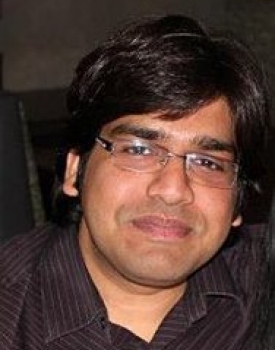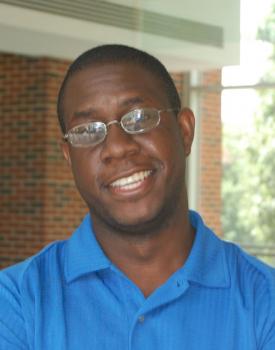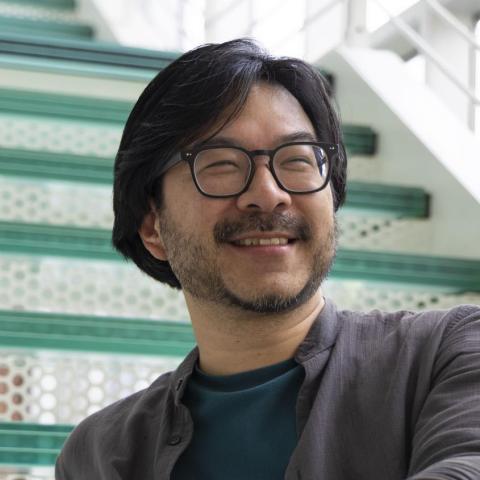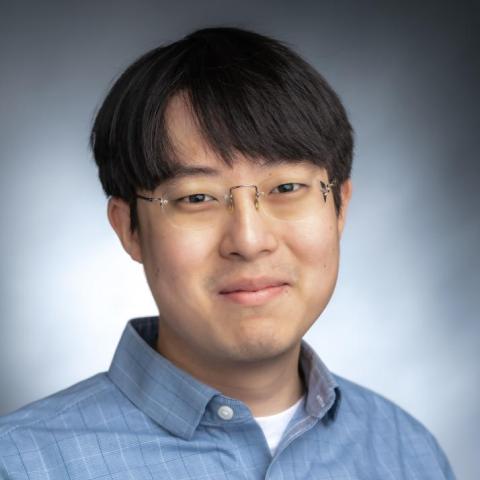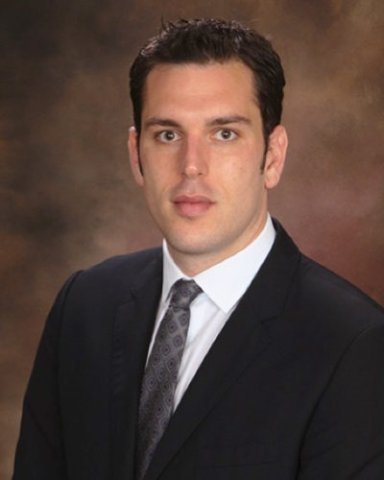Vicki Wysocki
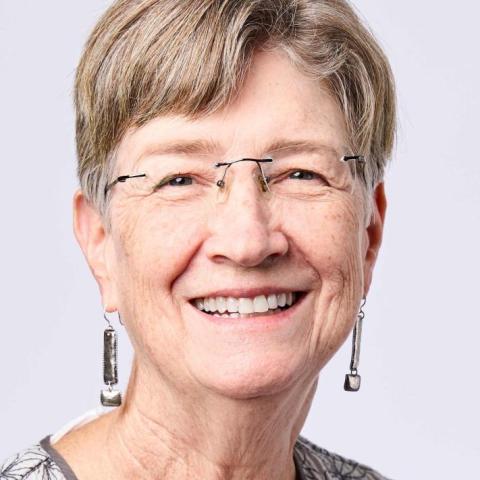
Professor Wysocki received her bachelor of science in Chemistry at Western Kentucky University in 1982 and her Ph.D. in Chemistry at Purdue University in 1987.
Wysocki did her postdoc work at the Naval Research Laboratory as a National Research Council fellow Virginia Commonwealth University. She became an Assistant Professor in 1990 and an Associate Professor in 1994.
Wysocki went to the University of Arizona in 1996, was promoted to Professor in 2000, and served as Chair of the Department of Chemistry and Biochemistry.
From 2012 to 2024, Wysocki was an Ohio Eminent Scholar, Director of the Campus Chemical Instrument Center, and Professor in the Department of Chemistry and Biochemistry at the Ohio State University.
On Oct. 1, 2024, she became Professor and Chair of the School of Chemistry and Biochemistry at the Georgia Institute of Technology.
Major awards
2022 International Mass Spectrometry Foundation Thomson Medal,
2022 ACS Analytical Division Chemical Instrumentation award,
2017 ACS Field and Franklin Award,
2009 ASMS Distinguished Contribution Award


